Smart Homes in the Connected City: Balancing Convenience and Privacy in the 15-Minute Urban Landscape

The rise of smart cities promises unprecedented convenience and efficiency, with interconnected systems optimizing everything from traffic flow to energy consumption. At the heart of this urban revolution lies the smart home, a hub of interconnected devices designed to enhance daily life. However, this seamless integration raises critical questions about privacy and security, especially within the context of the increasingly popular "15-minute city" concept.
The Allure of Smart Homes: Smart homes offer numerous benefits, including increased energy efficiency, enhanced security, and greater convenience. Residents can remotely control lighting, temperature, and appliances, optimizing energy consumption and reducing utility bills. Security systems with smart cameras and sensors provide enhanced protection, while voice-activated assistants offer hands-free control over various home functions. This interconnectedness extends beyond the individual home, with smart devices communicating with city infrastructure to optimize services and resource allocation.

The Privacy Paradox: While smart homes offer undeniable advantages, they also present significant privacy risks. The very nature of these devices – constantly collecting and transmitting data – makes them vulnerable to hacking and surveillance.
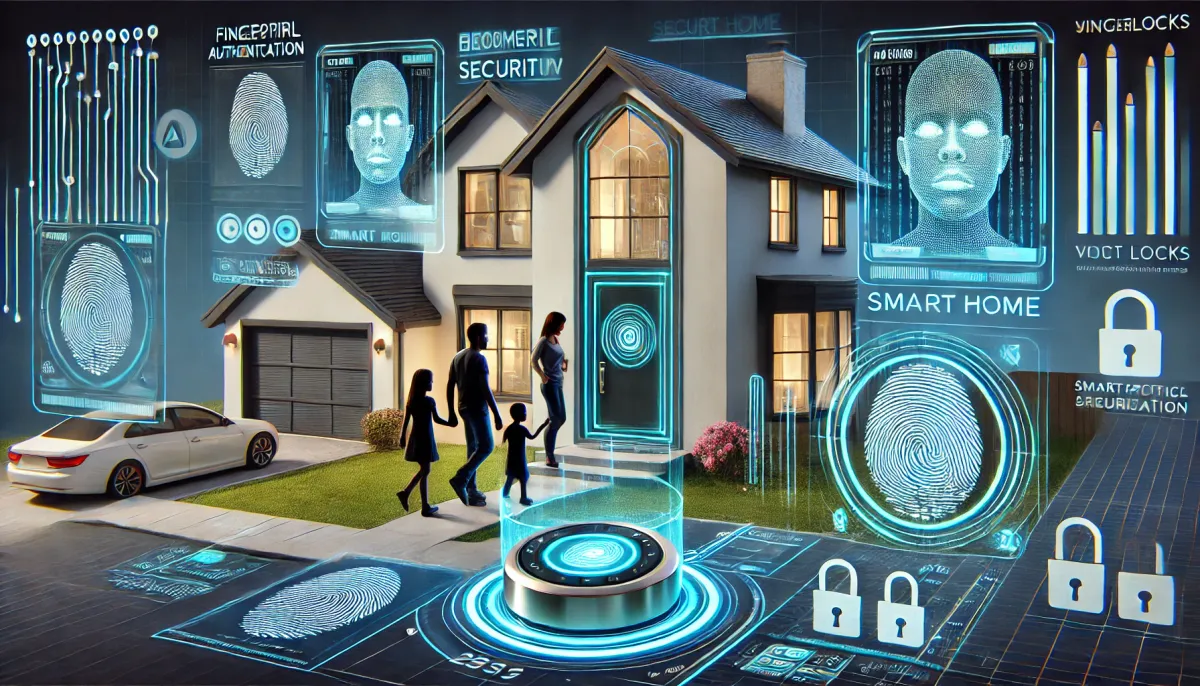
- Data Collection: Smart home devices collect vast amounts of personal data, including usage patterns, location information, and even biometric data. This data can be used for targeted advertising, profiling, or even malicious purposes.
- Security Vulnerabilities: Many IoT devices have inadequate security measures, making them easy targets for hackers. Compromised devices can be used to access personal information, monitor activities within the home, or even launch attacks on other devices and networks.
- Privacy Policies: The complex web of data sharing agreements between device manufacturers, service providers, and third-party companies often leaves consumers unaware of how their data is being used and who has access to it.
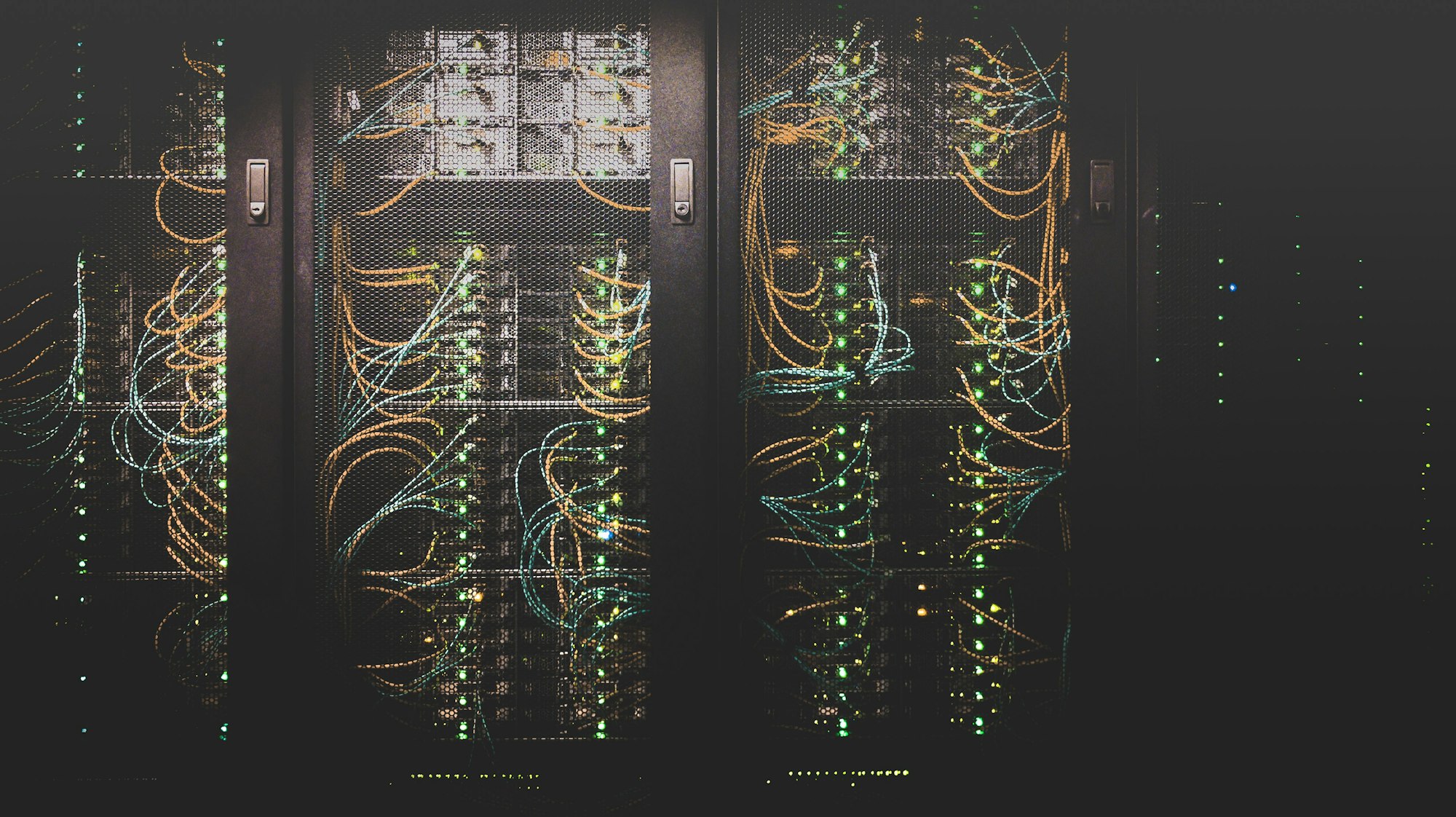
The 15-Minute City and Interconnectedness: The "15-minute city" concept envisions urban areas where residents can access all essential services – work, shopping, recreation, and healthcare – within a 15-minute walk or bike ride. Smart technologies play a crucial role in realizing this vision, with interconnected systems optimizing transportation, resource management, and public services. However, this increased interconnectedness also amplifies privacy risks. As smart homes become integrated into city-wide networks, the potential for data breaches and surveillance expands exponentially.

Safeguarding Privacy in the Smart City: Addressing these concerns requires a multi-faceted approach involving individuals, businesses, and governments.
- Strong Cybersecurity Measures: Robust encryption, secure authentication protocols, and constant monitoring are essential to protect smart home devices and networks from cyberattacks.
- Transparency and Control: Consumers need clear and accessible information about what data is being collected, how it is being used, and with whom it is being shared. They should also have greater control over their data and the ability to opt out of data collection.
- Ethical Guidelines and Accountability: Clear ethical guidelines and accountability frameworks are needed to govern the development and deployment of AI-powered smart city technologies. These frameworks should prioritize citizen empowerment, equity, and sustainability.
- Policy and Regulation: Governments must play a proactive role in establishing data protection laws and regulations that protect citizens' privacy in the digital age. These regulations should address issues such as data collection, storage, and sharing, as well as the use of facial recognition and other surveillance technologies.
- Promoting Digital Literacy: Media literacy and digital skills are crucial for building informed, resilient, and empowered communities, able to evaluate and use information effectively.
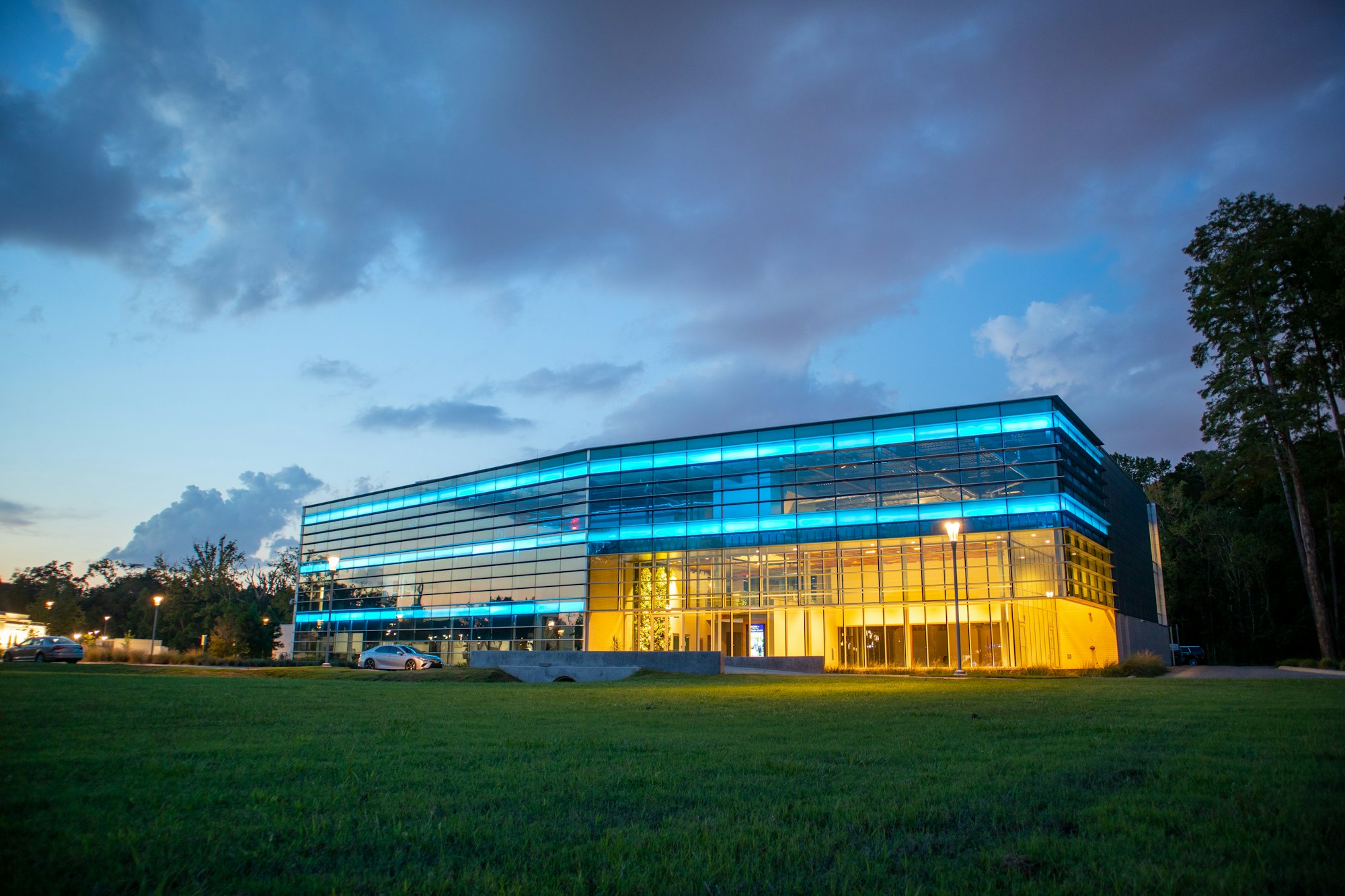
Conclusion: As smart homes become increasingly integrated into the fabric of smart cities, it is essential to address the privacy and security challenges they pose. By adopting strong cybersecurity measures, promoting transparency and control, establishing ethical guidelines, and enacting appropriate policies and regulations, we can harness the benefits of smart home technology while safeguarding citizens' fundamental right to privacy. The future of the smart city depends on our ability to strike a balance between convenience and security, ensuring that technological progress serves the interests of all citizens.
